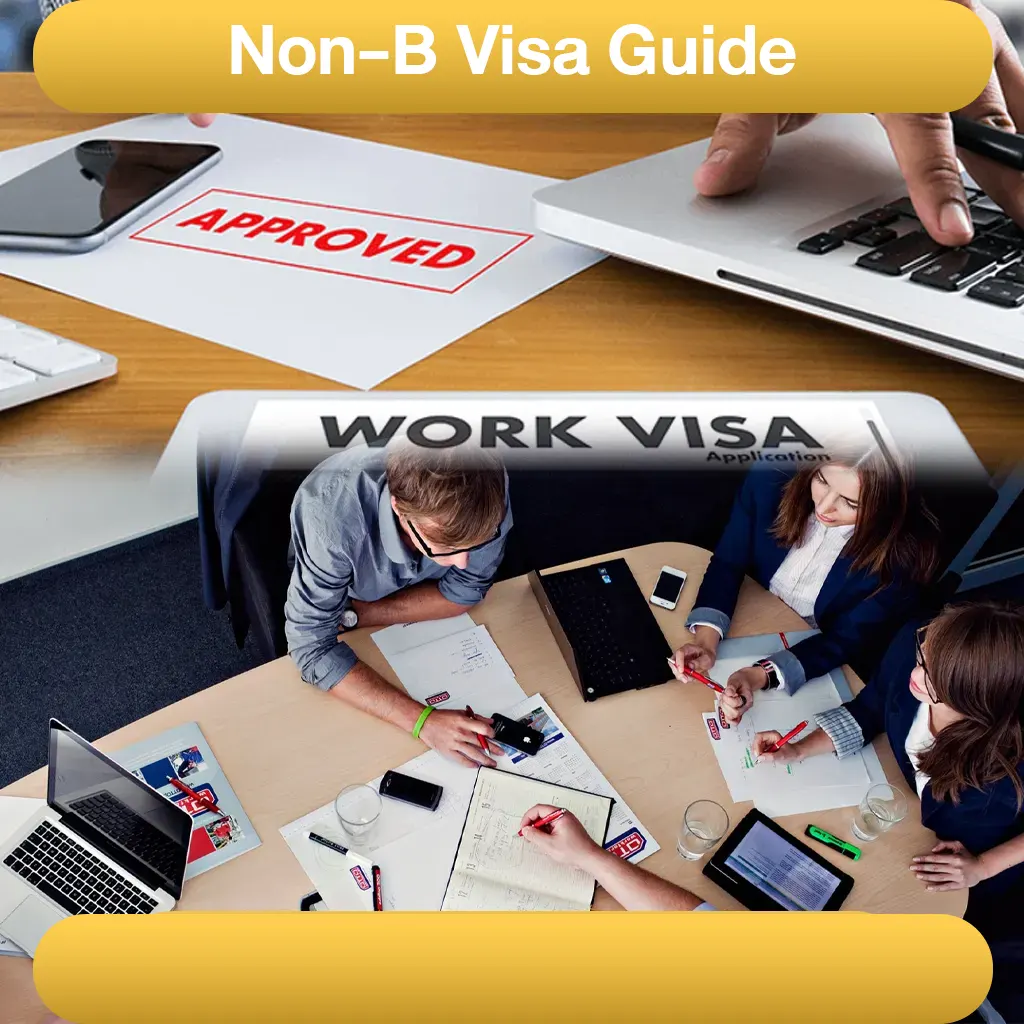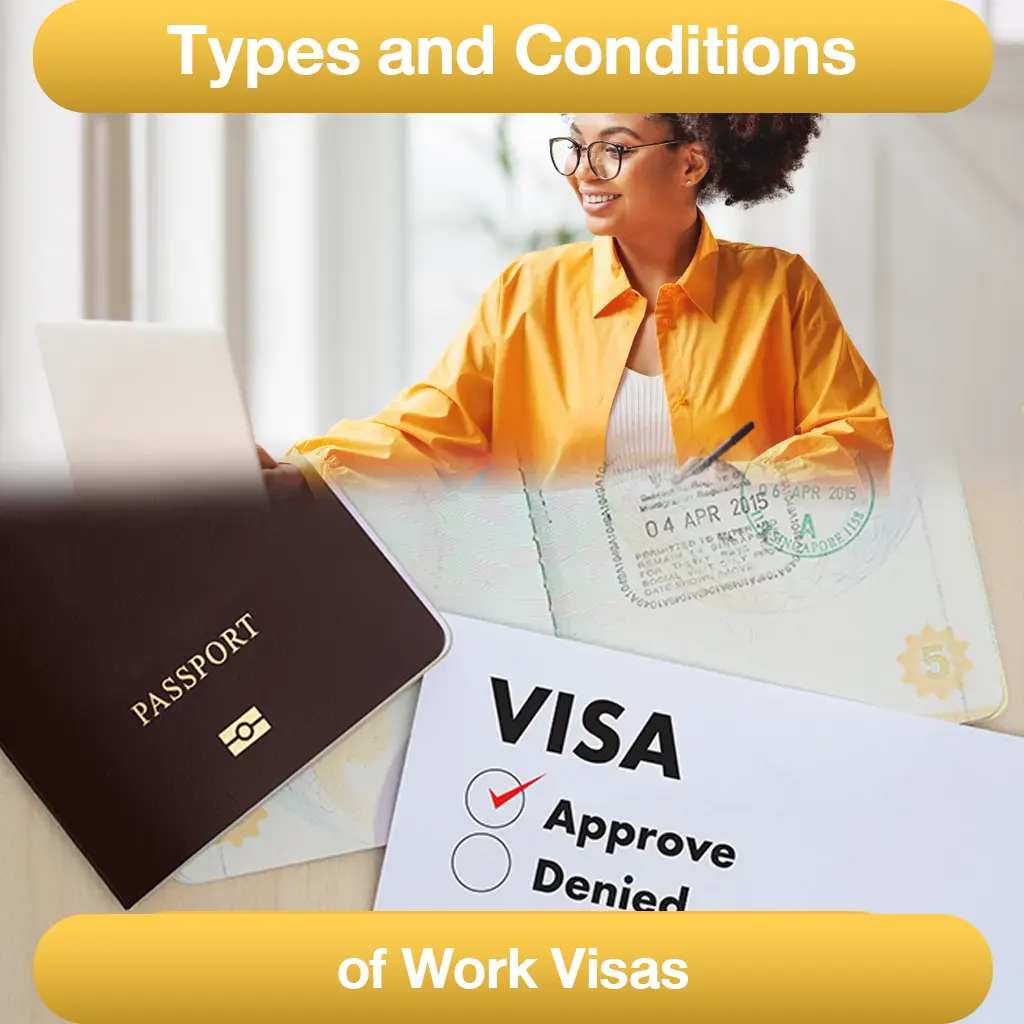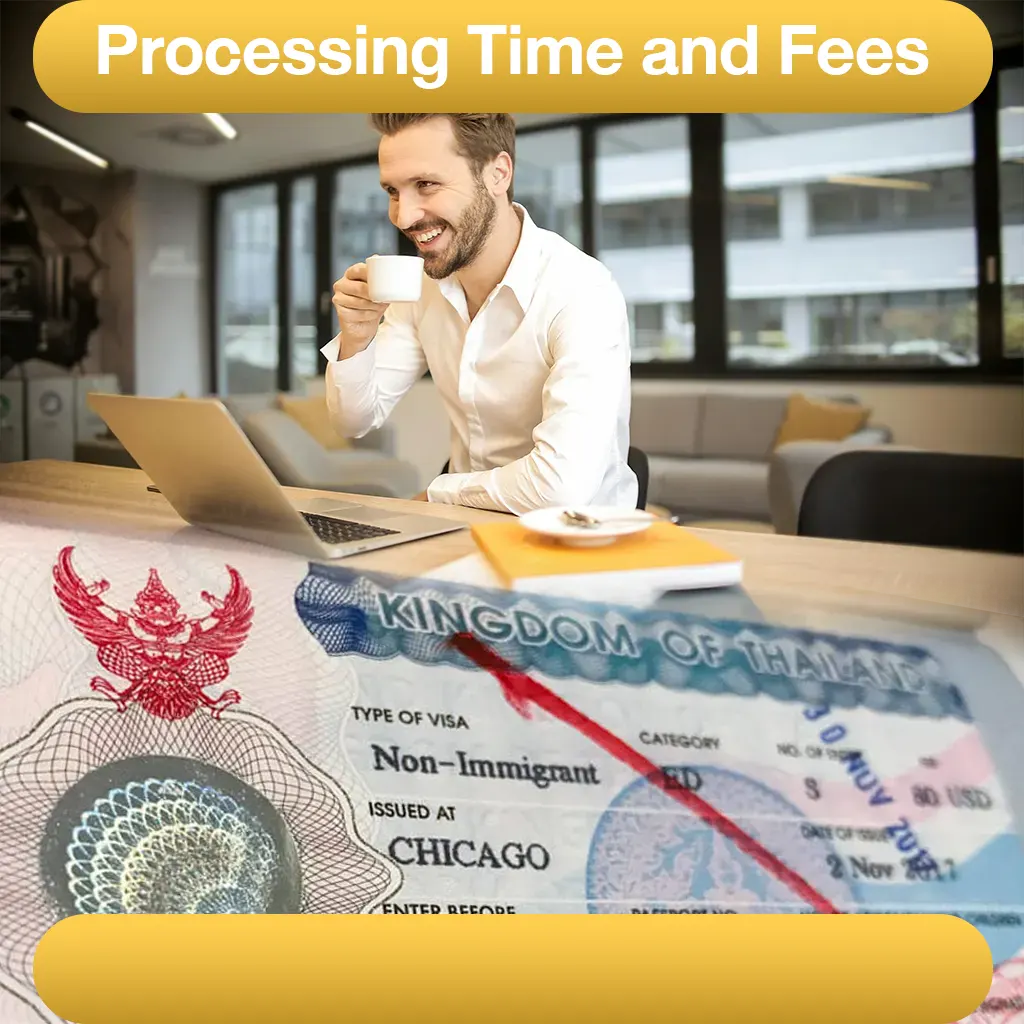The Non-B visa is a type of work visa for foreigners who wish to legally work or conduct business in Thailand. Each category has different qualifications and conditions, whether through BOI investment, as an investor, or as a company employee. This comprehensive guide covers everything you need to know, from visa application and work permit procurement to 90-day reporting.
Types and Conditions of Work Visas (BOI, Investor, Employee)
Non-B visas are specifically designed for foreigners seeking to work or conduct business in Thailand. Each type has distinct qualifications and conditions based on the purpose of entry into the country.
The main categories of Non-B visas include:
- BOI Visa: For those working in companies promoted by the Board of Investment (BOI), offering special privileges for visa and work permit applications
- Investor Visa: For those investing in Thailand, requiring minimum registered capital of 2 million baht
- Company Employee Visa: For foreigners employed by Thai companies, requiring 2 million baht registered capital per foreign employee
Qualifications and Conditions for Each Visa Type
Non-B visa applicants must meet legally mandated qualifications, particularly regarding education and relevant work experience for their position. Additionally, they must have a clean criminal record and good health, free from prohibited diseases as specified by the Ministry of Public Health.
For investors and senior executives, evidence of strong financial stability and clear business plans benefiting the Thai economy must be demonstrated. Regular company employees must have clear employment contracts and receive salaries no less than legally prescribed minimums based on education and experience.
Benefits and Limitations of Each Visa Category
Each Non-B visa category offers different benefits, with BOI visa holders receiving the most privileges. These advantages must be carefully considered when planning your work or business activities in Thailand.
Here are the key aspects to consider:
- BOI visa holders can obtain visas for up to 2 years
- Faster processing times for certain categories
- Family member visa facilitation varies by type
- Work restrictions limited to permitted activities
- Mandatory 90-day reporting for all types
- Employer change requires new permissions
Documents and Work Permit Application Process
The work permit application process is crucial for foreigners seeking legal employment in Thailand. This process must be conducted in parallel with the Non-B visa application to ensure full compliance with Thai law.
The main steps in obtaining a work permit include:
- Submitting application to the Department of Employment
- Document and qualification verification
- Application approval and permit issuance
- Fee payment and permit collection
Required Documents for Work Permit Application
Work permit documentation requires special attention as completeness and accuracy directly affect processing time. Both company and personal documents must be prepared, including officially translated Thai versions.
Beyond basic requirements, specific documents based on job type and business include:
- Educational certificates
- Professional licenses
- Work experience certificates
- Company financial documents
- All documents must be certified and translated by authorized translators
Processing Time and Fees
Work permit processing typically takes 5-7 working days after complete submission. This timeline may extend if additional documents or corrections are required. Fees vary based on permit duration and type.
Consider these additional expenses:
- Document translation fees
- Certification costs
- Processing fees
- Varying costs by business type and duration
Visa Renewal and 90-Day Reporting
Visa renewal and 90-day reporting are crucial obligations for foreigners residing in Thailand. Failure to comply may result in fines or visa revocation.
Key processes include:
- Advance preparation of renewal documents
- Submission at least one month before expiration
- 90-day reporting at Immigration
- Address change notifications
Visa Renewal Process and Timelines
Visa renewal requires advance planning, ideally starting one month before current visa expiration. This ensures sufficient time for document preparation and problem resolution, especially when updates or additional documentation is needed.
Processing typically takes 1-2 weeks but may vary by visa type and Immigration Office workload. During this time, applicants can remain in Thailand pending decision.
90-Day Reporting Requirements and Precautions
The 90-day reporting is a legal requirement for long-term foreign residents in Thailand. This can be done at Immigration offices or online in some cases. Always keep reporting evidence for future reference.
Important precautions include:
- Accurate day counting
- Advance notification of reporting delays
- Address changes within 24 hours
- Maintaining current system information
- Avoiding future complications through compliance


 ไทย
ไทย


